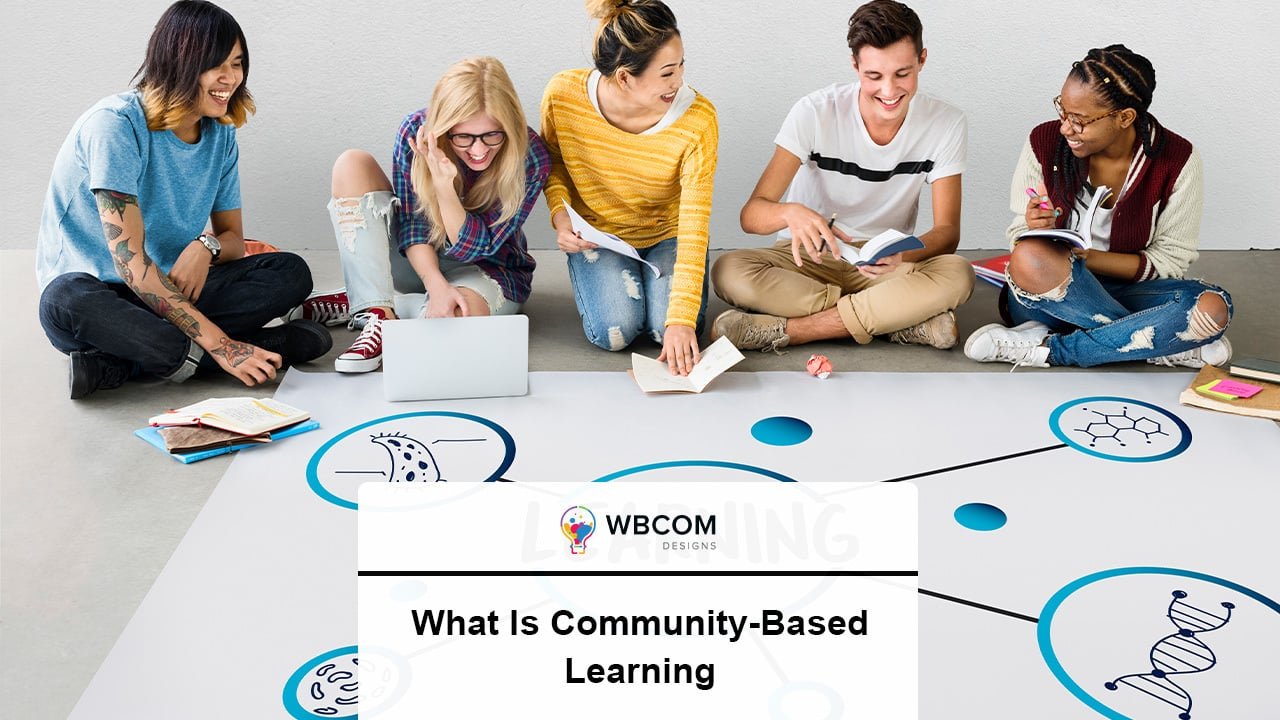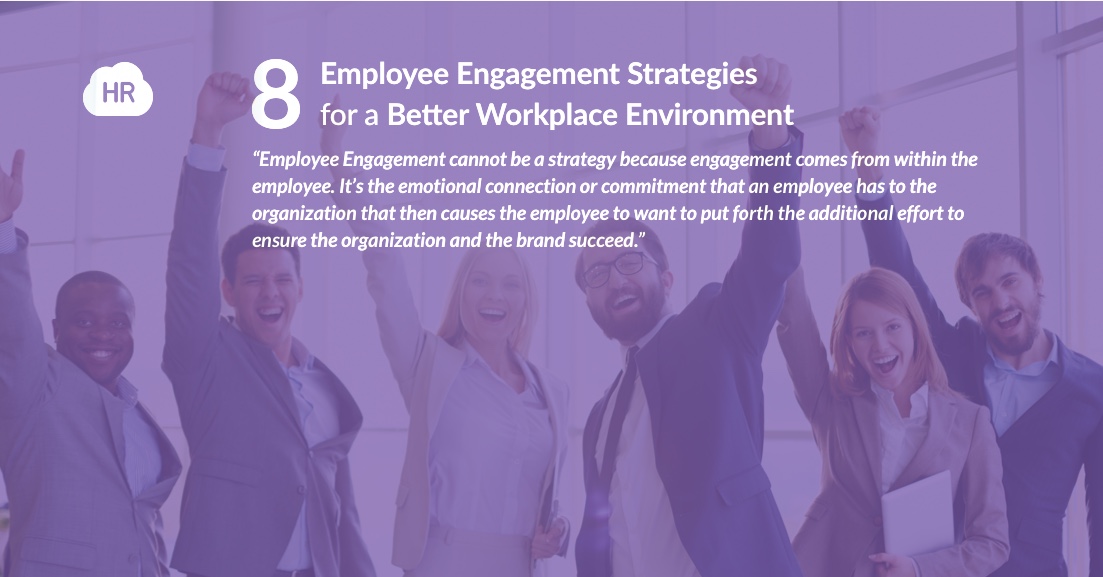Are you looking to organize a successful community event but not sure where to start? Look no further! In this ultimate guide, we will provide you with expert tips and strategies on how to organize a community event like a pro. Whether you are planning a charity fundraiser, a local festival, or a neighborhood cleanup, we have got you covered. Organizing a community event can be a daunting task, but with the right planning and execution, you can make it a seamless and enjoyable experience for both organizers and attendees. Let’s dive into the essential steps and key considerations that will help you create a memorable and impactful community event!
Introduction: Understanding the Importance of Community Events
Community events play a crucial role in bringing people together, fostering a sense of belonging, and creating a vibrant local culture. Organizing such events requires careful planning and execution to ensure success.
The Benefits of Community Events
Community events offer a platform for residents to interact, network, and build relationships, which can strengthen the social fabric of a neighborhood.
Moreover, hosting events can boost community morale, support local businesses, and enhance the overall quality of life for residents.
Community Engagement and Participation
Engaging the community in event planning and participation is key to creating meaningful and memorable experiences. It fosters a sense of ownership and pride among residents.
Empowering community members to contribute ideas, volunteer their time, or showcase their talents can make the event more inclusive and reflective of the community’s diversity.

Setting Objectives for Your Community Event
Setting clear objectives is crucial for the success of your community event. Before diving into the planning process, define what you aim to achieve.
Identify Key Goals
Determine the primary goals of your event, whether it’s to raise awareness, generate funds, or foster community engagement. Establish specific, measurable objectives to track progress.
Define Target Audience
Understanding your target audience is essential. Identify who you want to attend your event to tailor activities and marketing efforts accordingly. Engage with your community for better outreach.
Set SMART Objectives
Create SMART (Specific, Measurable, Achievable, Relevant, Time-bound) objectives that guide your planning and help you evaluate the event’s success.
Planning Your Event: From Budgeting to Time Management
Organizing a successful community event involves meticulous planning and effective time management. Start by setting a realistic budget that covers all essential expenses without overspending.
Creating a Detailed Budget
Allocate funds for venue rental, permits, entertainment, catering, decorations, and marketing. Keep track of expenses to ensure you stay within budget and have a financial buffer for any unexpected costs.Be prepared!
Scheduling Tasks and Deadlines
Develop a timeline outlining when each task should be completed, such as securing sponsors, promoting the event, and finalizing logistical details. Utilize project management tools to stay organized and meet deadlines efficicently.

Securing Venues, Permits, and Logistics
When organizing a community event, securing the right venue, permits, and handling logistics are crucial steps for success. Proper planning is key. Contact potential venues early to secure a suitable location.
Choosing the Perfect Venue
Consider the event size, location accessibility, amenities, and budget when selecting a venue. Ensure it aligns with the event theme and is compliant with local regulations.
Visit the venue beforehand to visualize the setup and address any concerns. Early booking ensures availability.
Obtaining Permits and Licenses
Research and acquire all necessary permits and licenses for the event. This may include temporary event permits, alcohol licenses, or parking permits.
- Consult local authorities for specific requirements.
- Submit applications well in advance to avoid last-minute issues.
Managing Logistics Efficiently
Plan logistics such as parking, transportation, security, and waste disposal meticulously. Create a detailed timeline and delegate tasks to responsible team members.
Ensure clear communication channels and contingency plans to handle any unforeseen circumstances.

Recruiting Volunteers and Building a Team
Recruiting volunteers is crucial for the success of any community event. Start by reaching out to local organizations, schools, and businesses to spread the word about your event and attract potential volunteers.
Utilize Social Media and Online Platforms
Use social media platforms like Facebook, Twitter, and Instagram to promote your event and recruit volunteers. Create engaging posts highlighting the benefits of volunteering for the community.
Host Information Sessions
Organize information sessions to provide details about the event, the roles available, and the benefits of volunteering. Interactive sessions can help participants feel more connected to the cause.
- Provide clear instructions on how interested individuals can sign up to volunteer.
- Address any questions or concerns potential volunteers may have.
Promoting Your Event: Marketing and Communication Strategies
When organizing a community event, effective marketing and communication strategies are crucial to ensure its success. Utilizing various channels to promote your event is essential in reaching your target audience and generating interest.
Social Media Marketing
Utilize social media platforms such as Facebook, Twitter, and Instagram to create buzz around your event. Engage with your audience by posting regular updates and promotions.
Email Marketing Campaigns
Send out targeted email campaigns to your mailing list. Personalize your emails and include enticing information to encourage attendance.
- Include event highlights
- Offer exclusive discounts
- Provide a call-to-action
Engaging the Community: Activities, Workshops, and Entertainment
Organizing engaging activities, workshops, and entertainment is crucial to ensure the success of a community event. By offering diverse options, you can cater to the varied interests of attendees and create a vibrant atmosphere. These activities not only entertain but also foster a sense of community and participation.
Interactive Workshops
Host hands-on workshops on topics like art, cooking, or sustainable living. These workshops provide attendees with valuable skills, create interactive experiences, and promote learning in a fun and engaging way.
**Join our sustainable living workshop to learn eco-friendly practices that benefit your community.**
Live Entertainment
Book local musicians, dance groups, or theater troupes to perform live at the event. Live entertainment adds excitement, energy, and entertainment value, enhancing the overall experience for attendees. Don’t forget to provide seating areas for the audience to enjoy the performances comfortably.
- **Experience the beats of local musicians at our community event this year!**
On the Day: Execution and Crisis Management
On the day of the community event, proper execution and crisis management are crucial for its success. Ensure that all logistical preparations are in place, such as setting up booths, arranging seating, and verifying sound systems.
Pre-Event Briefing
Hold a pre-event briefing with all volunteers and staff to communicate roles and responsibilities. Assign team leaders for different areas to streamline communication.
Emergency Response Plan
Have a detailed emergency response plan in place, outlining steps to be taken in case of unexpected situations. Train staff on dealing with emergencies and keep emergency contact numbers handy.
Evaluating Success and Gathering Feedback
After successfully organizing a community event, it’s crucial to evaluate its success and gather feedback for future improvements. This process helps in understanding what worked well and what areas need enhancement for the next event.
Feedback Form Creation
Creating a detailed feedback form is essential to collect valuable insights from attendees. Include questions about the event’s organization, activities, and overall experience. Encourage honest feedback to ensure constructive criticism.
Analysis of Metrics
Utilize data analytics tools to analyze key metrics such as attendance rate, engagement levels, social media reach, and feedback responses. This data provides quantifiable insights into the event’s success.
- Attendance Rate
- Engagement Levels
- Social Media Reach
- Feedback Responses
Sustaining Community Engagement Post-Event
After successfully organizing a community event following the Ultimate Guide: How to Organize a Community Event, it is crucial to maintain the momentum and keep the engagement alive even after the event has concluded. To achieve this, consider the following strategies:
Utilize Social Media Platforms
Keep the conversation going by regularly posting updates on social media platforms like Facebook, Twitter, and Instagram. Encourage attendees to share their experiences and photos using the event’s unique hashtag to keep the event alive virtually.
Send Thank-You Notes
Express your gratitude to participants, volunteers, sponsors, and community partners by sending personalized thank-you notes or emails. This gesture not only shows appreciation but also strengthens relationships for future collaborations.
Frequently Asked Questions
-
- What are the key steps in organizing a community event?
- The key steps in organizing a community event include setting clear goals, forming a committee, choosing a date and venue, creating a budget, promoting the event, and coordinating logistics.
-
- How can I attract sponsors for a community event?
- To attract sponsors for a community event, you can prepare a sponsorship proposal outlining the benefits for sponsors, reach out to local businesses and organizations, offer various sponsorship packages, and provide clear visibility for sponsors during the event.
-
- What are some effective ways to promote a community event?
- Some effective ways to promote a community event include utilizing social media platforms, creating eye-catching posters and flyers, reaching out to local media outlets for coverage, collaborating with influencers or community leaders, and engaging with the target audience through targeted marketing strategies.
-
- How important is communication in organizing a community event?
- Communication is crucial in organizing a community event as it helps in conveying information effectively to all stakeholders, coordinating tasks among team members, managing expectations, and ensuring smooth execution of the event.
-
- What should be included in a post-event evaluation?
- A post-event evaluation should include feedback from attendees, sponsors, and volunteers, an analysis of the event’s success in meeting its goals, financial reports, lessons learned, and recommendations for future improvements.
Final Thoughts
Organizing a community event can be a daunting task, but with the right approach and planning, you can pull it off like a pro. The key takeaways from this ultimate guide include setting clear goals, creating a detailed timeline, securing sponsorships, engaging volunteers, promoting the event effectively, and ensuring smooth logistics. Remember to communicate consistently with your team and stay flexible to adapt to any unexpected changes. By following these steps and staying organized, you can create a successful and memorable community event that brings people together and makes a positive impact. So go ahead, plan with confidence, and watch your event thrive!



